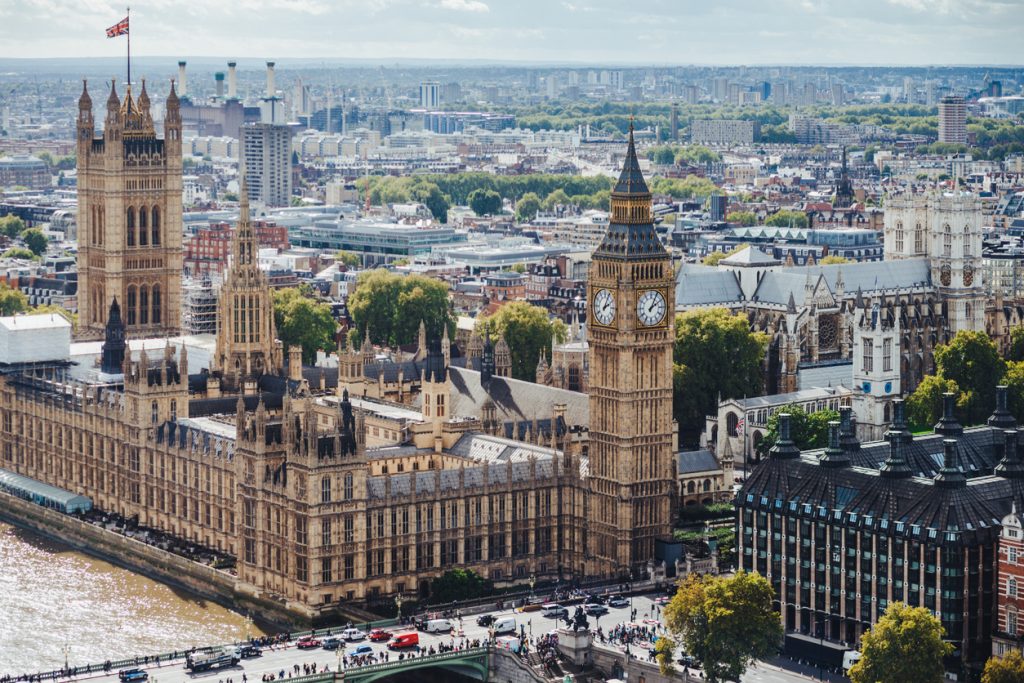Jessica Harris, Associate at Hunters Law shares her opinions on the Autumn Budget.
No targeted relief for sectors outside of retail, leisure and hospitality
Firms outside retail, leisure and hospitality are desperately in need of Government support due to the impact of the pandemic, however firms hoping for drastic reforms in the Autumn Budget were left unsatisfied. No targeted relief for sectors outside of retail, leisure and hospitality was announced. Furthermore, such businesses are yet to receive any of the £1.5 billion relief funds that were heralded in the March 2021 Budget. In contrast, retail, leisure and hospitality firms had already received more than £16 billion in relief prior to the autumn Budget. In Wednesday’s Budget, additional support was announced: for one year, a further 50% business rates discount. It is a business tax cut worth almost £1.7 billion, but only for those operating in the retail, hospitality and leisure sectors.
This is despite the fact that over 400,000 office occupiers were expected to pay their business rates in full throughout the pandemic - amounting to £7.89 million over 16 months. 170,000 occupiers had therefore appealed seeking reductions in assessment. This prompted the Government to announce the retrospective ban of all business rates appeals, supposedly to be replaced by the £1.5 billion relief fund. Relief would be distributed based on economic impact on businesses, not falls in property values. The Government announced this would be 'the fastest and fairest way of getting support to businesses'. However, the size of the funding was labelled ‘wholly inadequate’ as it would cover only a fraction of the estimated £5 billion worth of challenged business rates. Even this meagre funding has not materialised. It remains blocked by parliamentary procedure, leaving commercial occupiers stranded.
What is the solution?
Firstly, the Government needs to deliver on what they have promised by getting relief into the hands of firms that need it most. Secondly, the Government should implement a radical overhaul of the business rates regime. This did not feature in the Budget. UK business rates typically equate to 50% of annual rent, representing one of the largest overheads for businesses and substantially impact on profitability. Current rateable values are based on economic circumstances in 2015, and will remain until 2023. The current system is therefore incapable of responding to momentous changes such as those of the last 20 months.
Whilst the Budget did proclaim a new revaluation cycle to be delivered from 2023, with revaluations of non-domestic properties taking place every three years instead of the current five, the measures do not go far enough. Vivienne King, chair of the Shopkeepers’ Campaign, said there is disappointment ‘that there is no commitment to annual revaluations so that tax bills reflect the market property values’.
‘Lip service’ has been paid to business rates reform for years; the Conservative party’s manifesto commitment to cut business rates has delivered only minor adjustments to the existing system. Tax experts Altus Group estimate business rates bills will rise by £1.04 billion in England from April 2022. In some cases, rates have become so unaffordable, they are hampering town centres’ ability to prosper.
UK trade groups representing nine million employees including CBI, British Retail Consortium and British Property Federation wrote an open letter to the Chancellor, demanding the Government cut the business rate substantially and ‘overhaul the business rates system’ or risk further store closures as well as undermining net zero investment ambitions, stating that rates were ‘uncompetitive, unproductive and unfair’. UK property taxes are four times higher than Germany, and 50% higher than the G7 average as a proportion of GDP. Rain Newton-Smith, CBI chief economist, said that up to half of business investment could be subject to business rates — which meant they had ‘literally become a tax on investment’.
The Valuation Office Agency indicates that the prosperous days of commercial property are over. Total floorspace, key for the calculation of business rates, declined in 2021, a trend which is set to continue given the impact of the pandemic. The decline in taxable floorspace and the continuing closures of major retailers create an increasingly negative impact on the overall tax take. The Government is faced with a dilemma: continue to raise the multiplier to stabilise revenue or identify an alternative tax base. As Nimesh Shah, chief executive of Blick Rothenberg, commented, governments have been ignoring wholesale re-evaluation of business rates for years as it is ‘too difficult and too expensive’ to reform.
One solution, omitted from the Budget, is for the Government to bring online commerce, being financially very buoyant, into serious scope for taxation. In the Budget run up there were reports that there would be a 2% online sales tax, however no such tax was announced. Scott Parsons, UK chief operating officer at Unibail-Rodamco-Westfield’s, said: ‘The decision by the Chancellor to continue to avoid imposing any kind of tax on the e-commerce sector is another blow, as bricks-and-mortar retailers continue to operate on an uneven playing field.’
An online sales tax could alleviate the distortion that business rates cause between bricks-and-mortar and online retailers and could compensate for a reduction in business rates. A levy on online sales could pay for a 20% reduction in business rates in the retail sector alone. Parsons added: ‘Of the £7.9bn that was raised through retail business rates in 2019/20, just over 5% was raised from online retailers who at the time represented approximately 25% of sales. We challenge this government to be brave and smart enough to come up with a solution, so our high streets don’t have to shoulder virtually all of the tax burden for the retail industry and online pays its fair share.’
It is not all doom and gloom, however; the Budget declared a new ‘business rates improvement relief’ to encourage businesses to adopt green technologies like solar panels. From 2023, firms will be able to make property improvements, and, for 12 months, pay no extra business rates. The current business rates system disincentives favourable change because energy efficiency measures can result in a higher business rates bill, as they are deemed to have increased the value of the property. From 2023, companies will no longer face this strong disincentive to making ‘green’ investments.
Overall, property consultants Cluttons said the announcement in the Budget is ‘not as fundamental as hoped, and certainly not in line with ‘a fairer simpler tax system’ that the Chancellor promised at the beginning of his speech’. Whilst retail, hospitality and leisure businesses will be encouraged by the Chancellor’s announcement of a 50% one-year discount on business rates, once again firms outside of those sectors remain without adequate support.





















